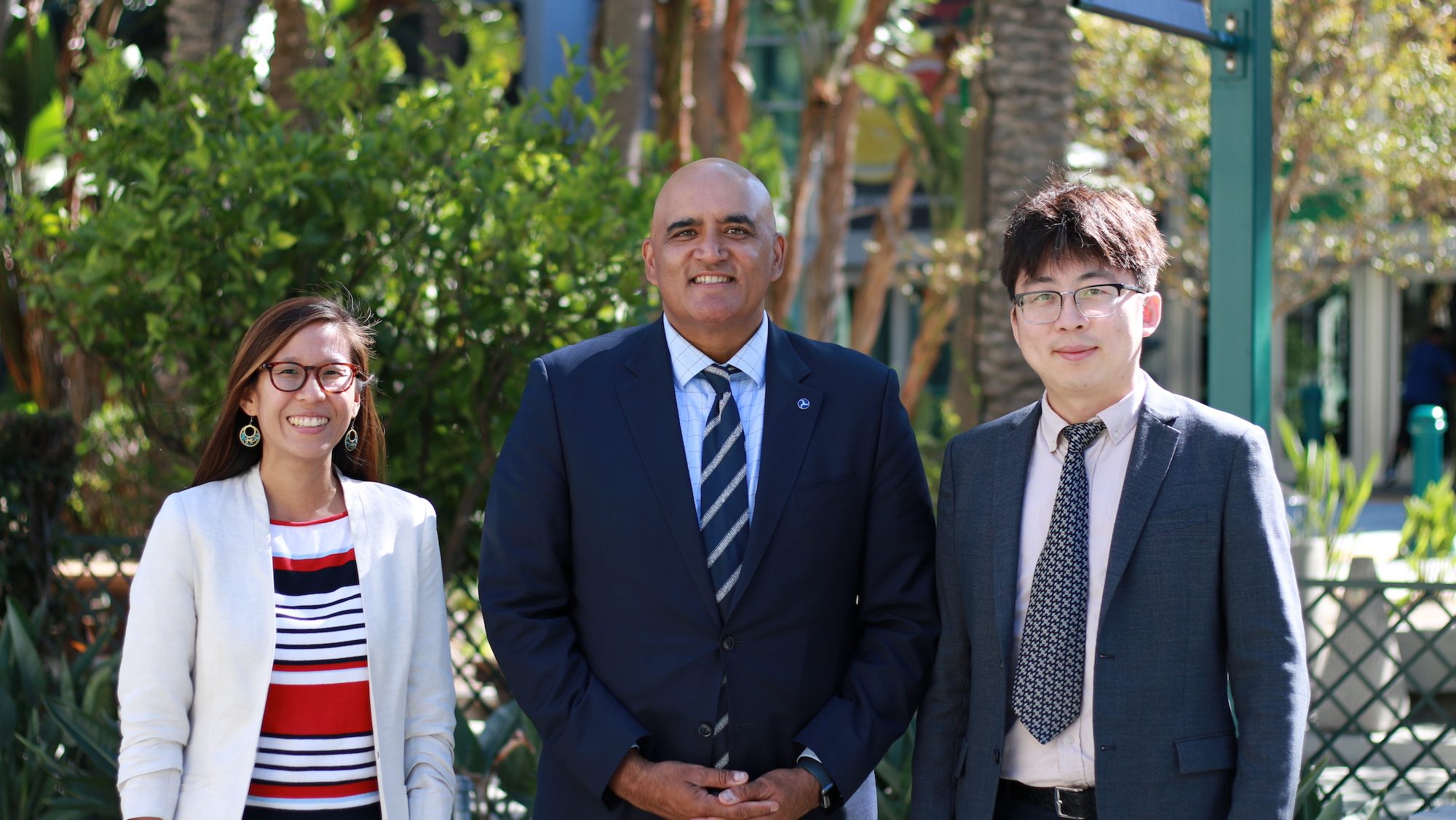The Federal Highway Administration — an agency within the U.S. Department of Transportation — announced Tuesday it has awarded a five-year, $7.5 million grant to establish the Center of Excellence on New Mobility and Automated Vehicles at UCLA. The award will support research on the impacts of new mobility technologies and highly automated vehicles on the evolving transportation system when deployed at scale.
The Mobility Center of Excellence, as it will be informally known, is funded through the landmark 2021 Bipartisan Infrastructure Law (Infrastructure Investment and Job Act), which authorizes $1.2 trillion for transportation and infrastructure spending to improve transportation experience and equity.
“The safety of the nation’s transportation system is our top priority,” said Shailen Bhatt, the administrator of the Federal Highway Administration (FHWA), who made the announcement at the Intelligent Transportation Society of California’s annual meeting in Anaheim, California. “The Mobility Center of Excellence will seek to understand how new multimodal surface transportation technologies can be used to improve efficiency, mobility and sustainability.”
Scheduled to launch in November, the center will assess the anticipated long-term impacts of increased new mobility technologies and services on land use, real estate and urban design; transportation system optimization including resilience, security and reliability; equitable access to mobility and job participation; and municipal budget and cost-effective allocation of public resources.
“We are thrilled that FHWA has chosen UCLA to lead this important initiative,” said Alissa Park, the Ronald and Valerie Sugar Dean of the UCLA Samueli School of Engineering where the center will be based. “We look forward to collaborating with the agency and other partnering organizations to conduct research designed to understand how emerging mobility technologies will affect transportation networks, land use and workforce development.”
In collaboration with FHWA, the center will publish research findings to empower state and local governments, metropolitan planning organizations and commercial operators to make informed decisions that will benefit the public.
“Digital connectivity, automation and electrification have dramatically changed the way we transport, both in terms of how people travel and how goods are delivered,” said center director Jiaqi Ma, an associate professor of civil and environmental engineering at UCLA Samueli and the associate director of the UCLA Institute of Transportation Studies, where he leads the New Mobility program area. “We will study the impacts of these new technologies and how they can be better leveraged to improve equitable access to transportation and job participation.”
The center will include researchers from UCLA Samueli, UCLA Fielding School of Public Health, UCLA Luskin School of Public Affairs, Carnegie Mellon University in Pittsburgh, University of Alabama and National Renewable Energy Laboratory, as well as nonprofits Shared-Use Mobility Center in Chicago and MetroLab Network in Washington, D.C.
Photo: Federal Highway Administration (FHWA) administrator Shailen Bhatt (center) joined by the Mobility Center of Excellence director and UCLA engineering associate professor Jiaqi Ma (right) and FHWA Enabling Technologies Program manager Danielle Chou (left) at the announcement event in Anaheim, California. (Zhaoliang Zheng/UCLA)





